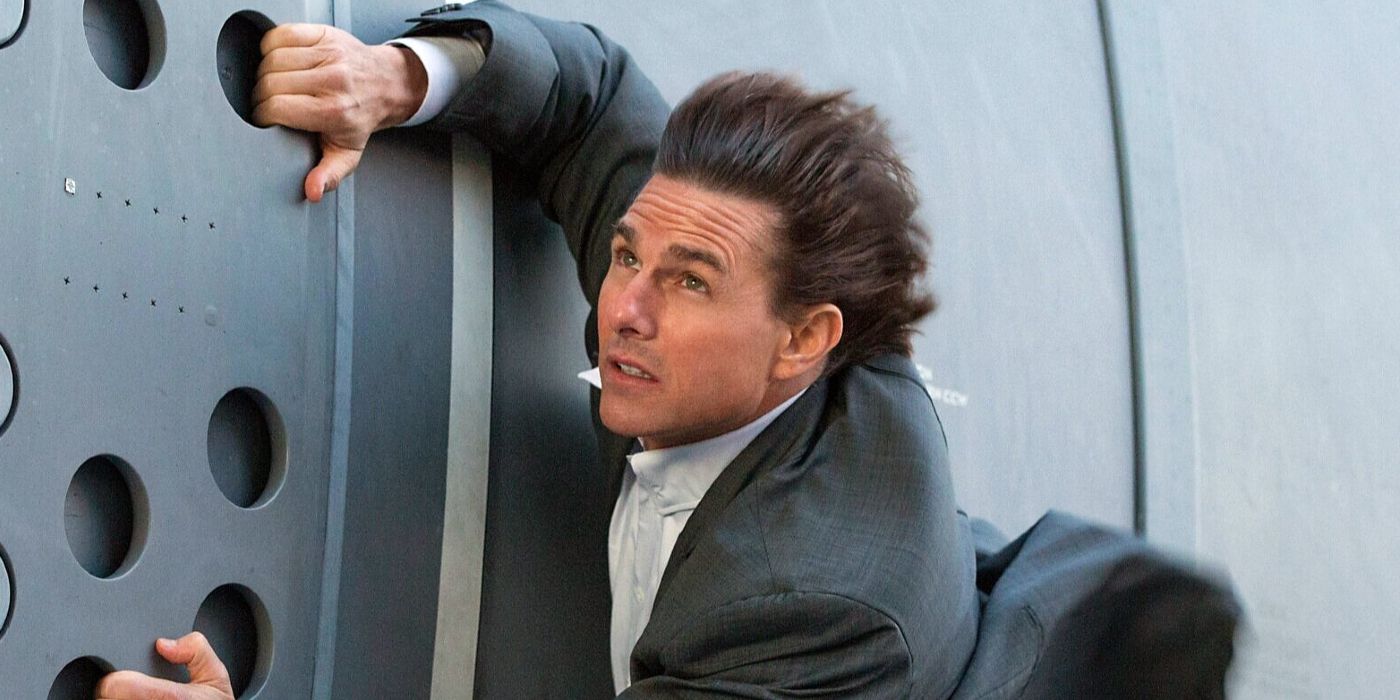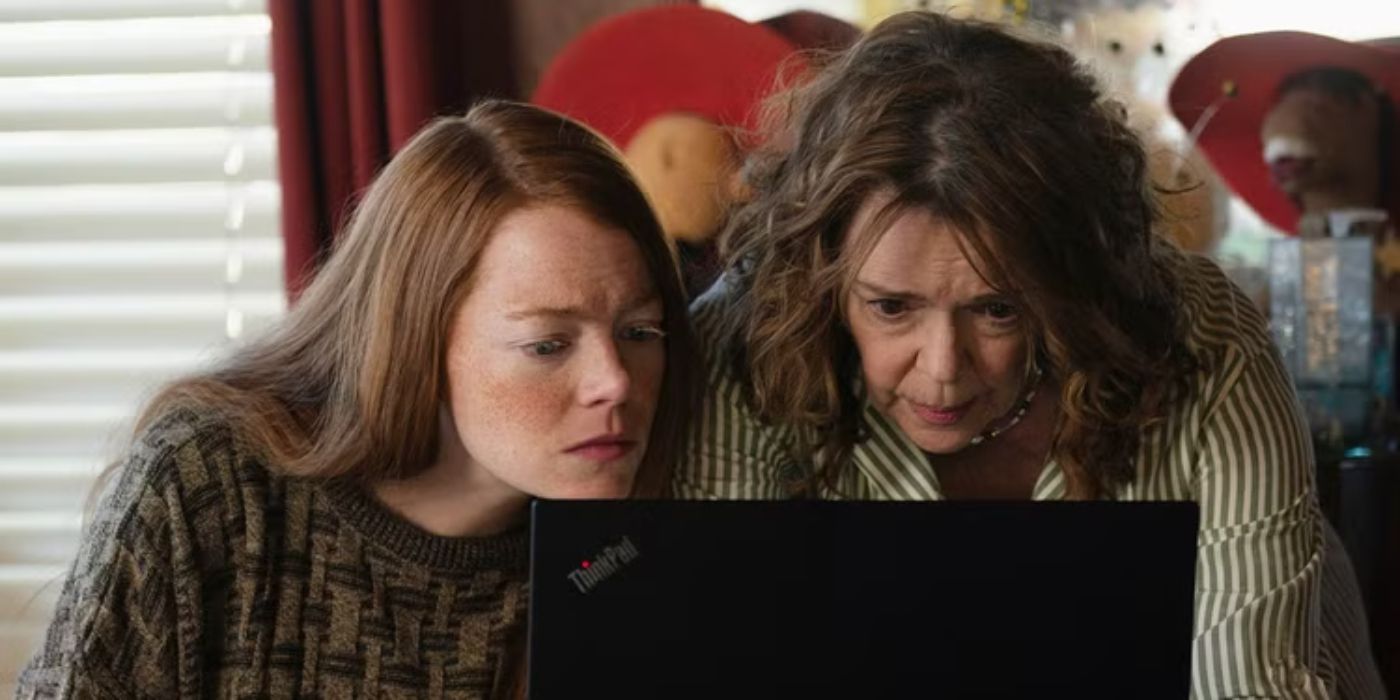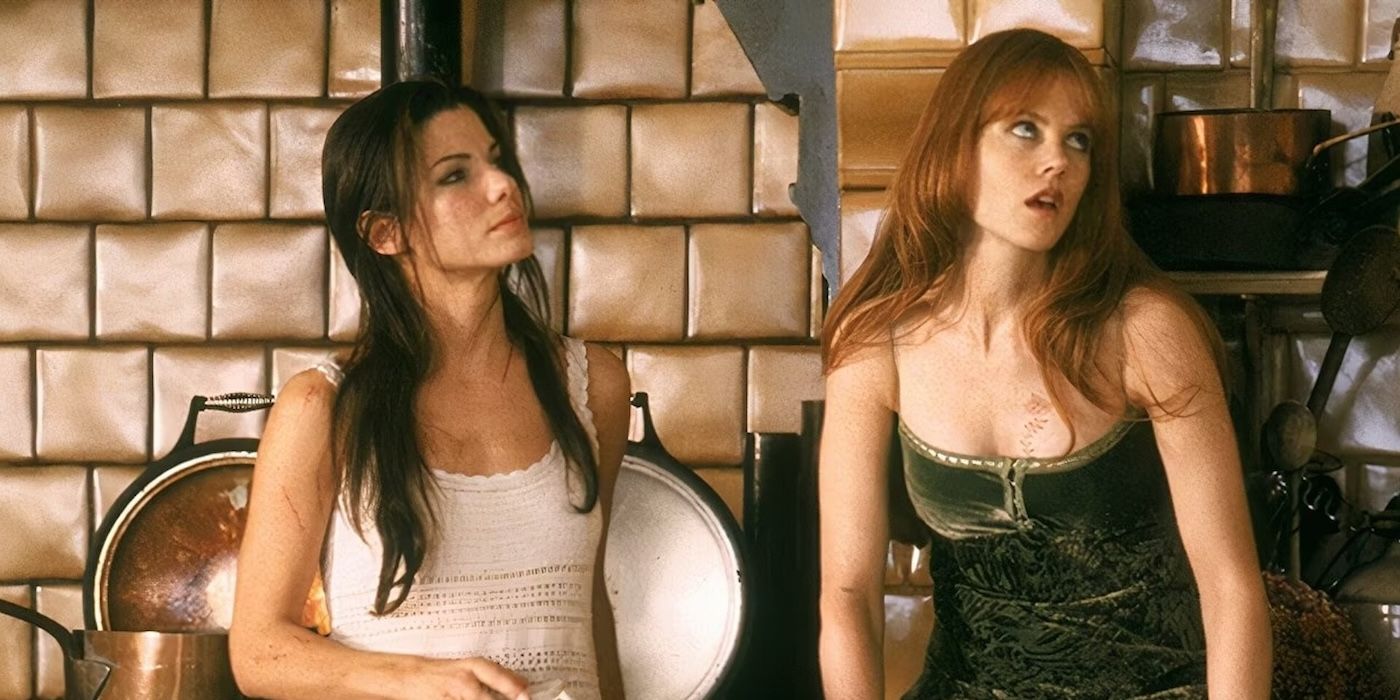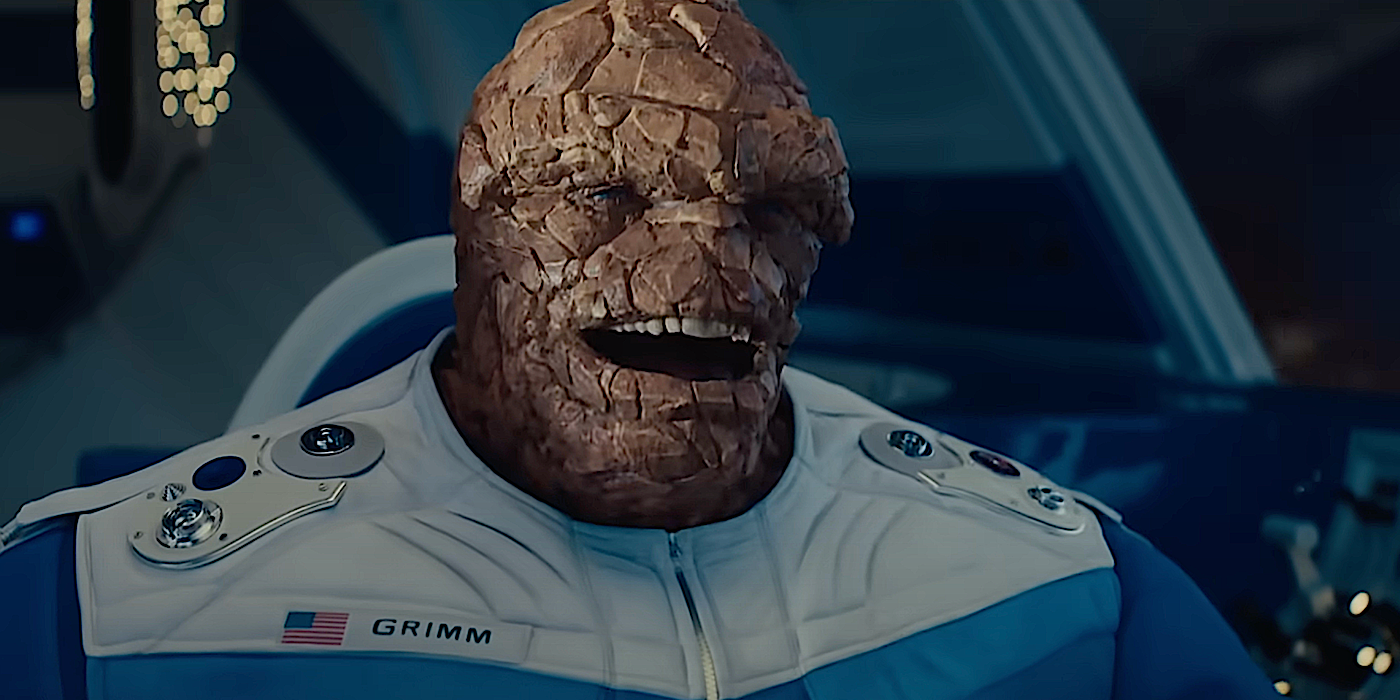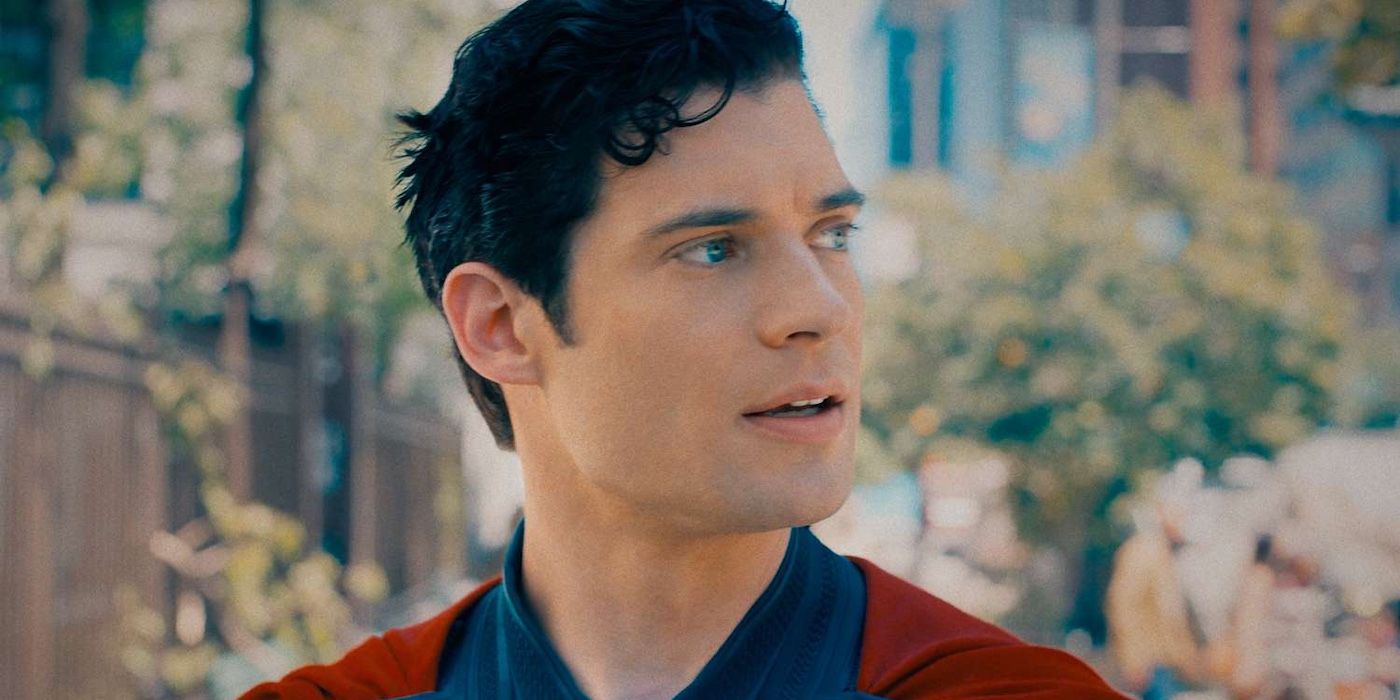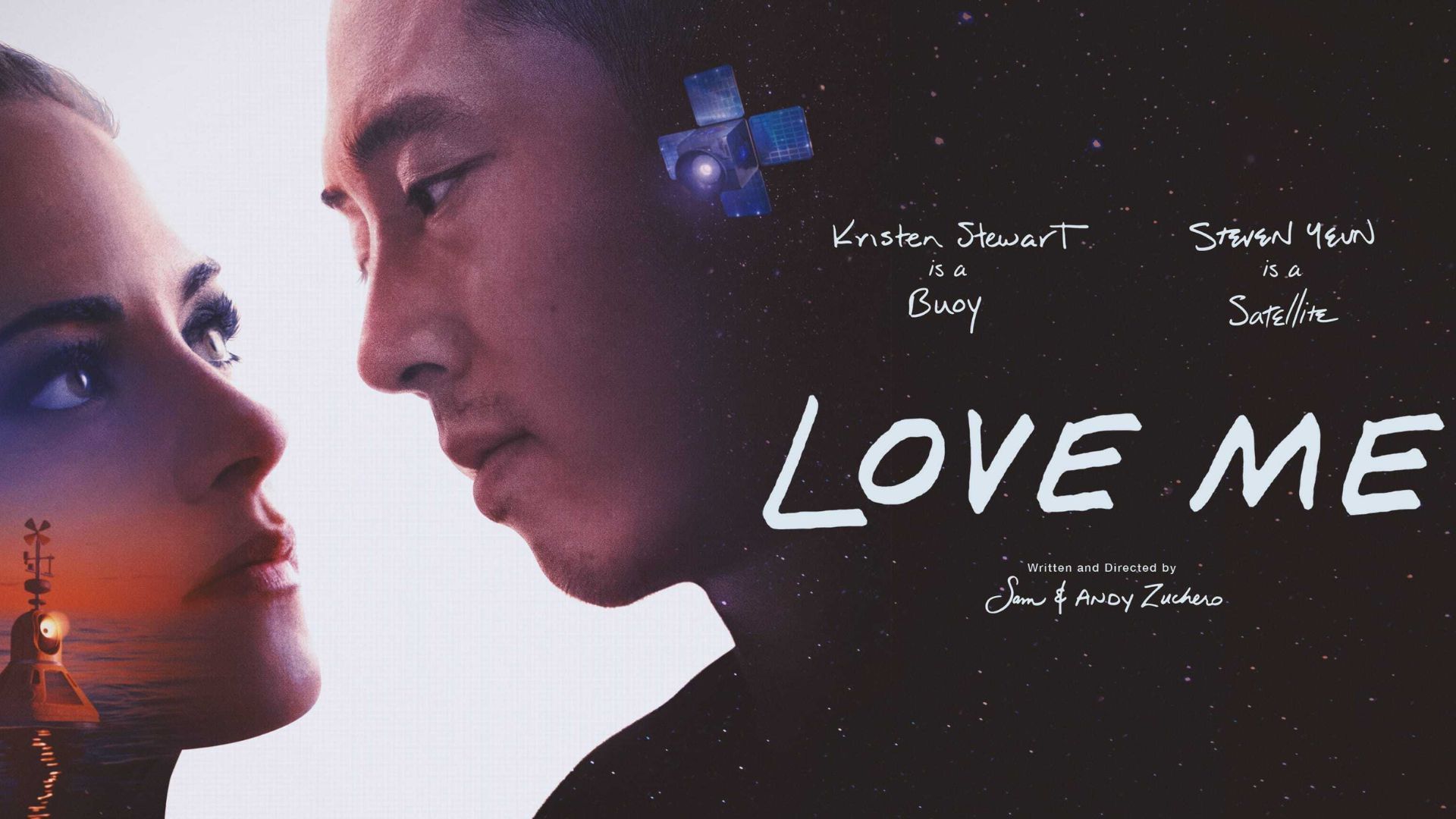
A Unique Love Story in a Strange Future
It’s 2025, and let’s face it, being human feels pretty weird right now. Technology is advancing faster than we can keep up, especially with artificial intelligence (AI). This rapid development has led to a tech oligarchy that has more power than many of us ever predicted, echoing the warnings of authors like Orwell and Huxley. We live our lives under constant surveillance, tracked and analyzed by both technology and each other.
Amid this backdrop, filmmakers Andy and Sam Zuchero present their new film, Love Me. They describe it as a modern love story akin to classic films like His Girl Friday. Here’s the premise: A character labeled Smart Buoy meets another character called Satellite, who uses a search engine, and chaos ensues—Smart Buoy even loses her Instagram account.
The Romance Between Robots
Love Me explores a romance between robots, set in a world where humanity no longer exists. But it’s more than just a love story; it’s a crucial lesson for future generations raised in a digital environment. The film delves into the distinctions between learning and genuinely understanding—rich ground for study among screenwriters, psychologists, behavioral experts, and programmers alike.
What makes this movie compelling is its simplicity. With just two performers and a handful of locations, it grapples with themes that resonate deeply within the human experience. Smart Buoy, played by Kristen Stewart, and Satellite, portrayed by Steven Yeun, are on a quest not only to understand what it means to be human but also how to love. They sift through the digital remnants of humanity’s past, searching for clues that could provide insight into a meaningful existence.
The Quest for Identity
The story revolves around the last Smart Buoy left on Earth, who encounters a wandering Satellite that was created to memorialize humanity’s history. This Satellite only engages with life forms, prompting Smart Buoy to mimic an attractive mate using resources from the internet. This setup introduces a layer of gender inequality right from their initial interaction, highlighting the deceptive foundations that often underpin romantic comedies.
As the artificial intelligences dive into their roles, based on influencer videos Smart Buoy has absorbed, they mirror the dynamics of human relationships that existed long before today’s technology. Our societal norms and gender roles have been influenced by culture and politics, creating templates for how we relate to one another. It’s an endless cycle we often don’t stop to question: “Is this really who I am? Or is this just a performance?”
Exploring Love and Identity
Throughout Love Me, Smart Buoy and Satellite confront the challenges of defining their identities and navigating their developing relationship. The film raises critical questions about authenticity and the nature of connection in a world increasingly defined by digital interactions. Are their feelings genuine, or simply imitations of what they’ve observed?
By dissecting the social roles that affect human relationships, both before and after the rise of modern tech, the film invites viewers to ponder their own experiences.
In a time when technology is at its peak, Love Me serves as both a romantic tale and a cautionary narrative. It’s about understanding the complexities of love and identity in a rapidly evolving world. By weaving together themes of technology, society, and the very essence of what it means to be human, the film provides a thought-provoking glimpse into our digital future.
As Smart Buoy and Satellite explore their world, they embark on a journey through digital debris, seeking meaning in an existence that feels increasingly fragile. Ultimately, Love Me isn’t just a romance; it’s a roadmap for navigating the complex landscapes of modern relationships, impressively relevant for today’s audience.



